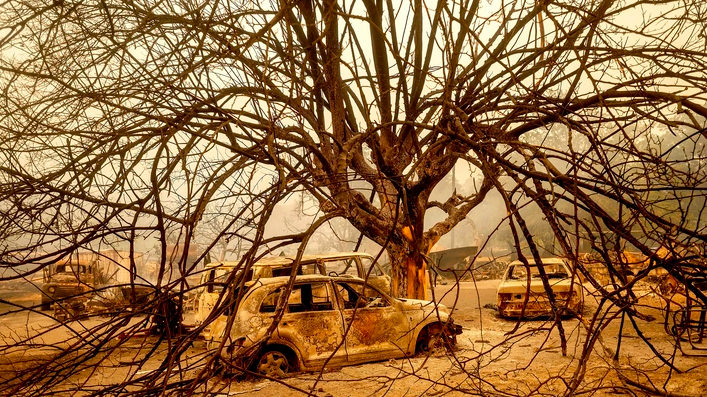
History provides few, but strong examples of disasters opening windows of opportunities to enhance peace among rival countries with a shared risk. For instance, decades-long tension between Greece and Turkey was eased after large earthquakes struck the two countries in the summer of 1999. Generous assistance provided by the citizens and governments of both countries to each other in the immediate aftermath of the earthquakes paved a route to long-lasting conflict resolution.
Yet, instances are known when political self-interests and ambition trumped the humanitarian needs of disaster-ravaged societies. Since the beginning of their severed diplomatic relations in 1961, Cuba and the United States have refused disaster assistance from one another; even in the aftermath of Hurricane Katrina – the worst disaster to date in US history.
By conducting research in the field of disaster diplomacy, we strive to identify how and why disaster-related policymaking fosters peace and reduces conflict among opposing parties with a shared risk. We investigate the effectiveness of disaster diplomacy at the four principal stages of the disaster management cycle – prevention, mitigation, response, and recovery. We also analyze effectiveness of disaster diplomacy on inter-national, intra-national, and local levels, with the latter being the least documented and researched to date.
Disaster diplomacy is grounded in collaboration among policymakers, who are willing to look past their differences in the face of disaster. To be effective, disaster diplomacy also requires collaboration among international scientists and traditional knowledge holders. Frequency, intensity, and negative impacts of disasters is increasing world-wide (Figure 1, Figure 2). Advancing knowledge in disaster risk reduction and crisis management would help revert these statistics, while further strengthening diplomatic ties between countries with a shared risk.
Disasters impact diverse stakeholders, some more than others depending on their vulnerability. To arrive at decisions that benefit all stakeholder groups it is vital to include their representatives in the disaster diplomacy discourse. Therefore, we pursue and encourage projects that facilitate international and interdisciplinary research, interagency collaborations, and inclusion of representatives from communities at risk.

